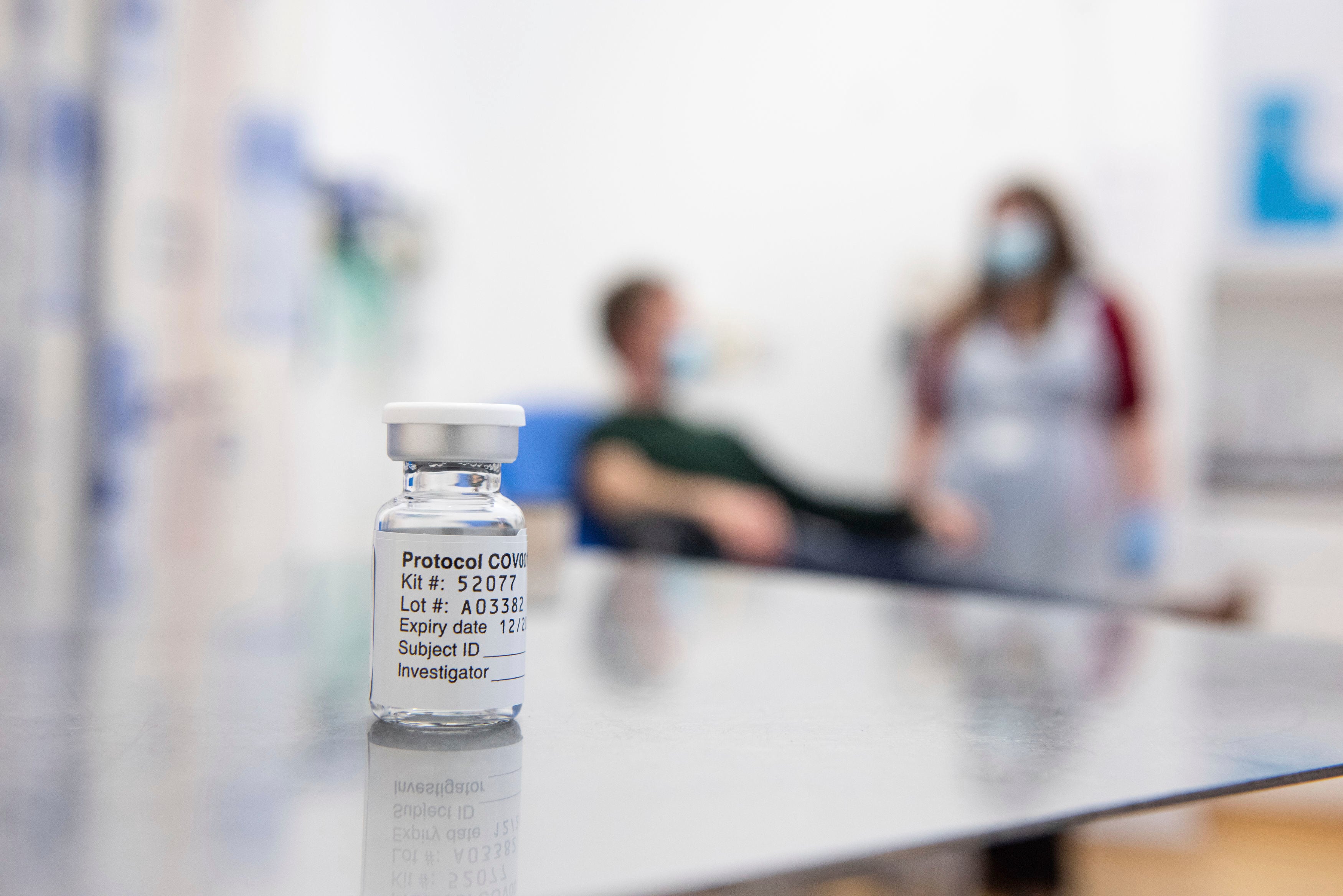When Navy veteran Jesse Rivera moved to Mexico two years ago, he was confident he could receive the same or better medical care from doctors in Puerto Vallarta that he had back in the United States.
He was right, at least until the coronavirus pandemic.
Rivera, who suffers from back pain and sleep apnea related to injuries from his military career, says that under the Veterans Affairs’ Foreign Medical Program, his service-connected conditions are covered in full. He’s had chiropractor visits and other medical appointments routinely refunded by department officials, with few complaints about the process.
But medical issues not connected to the military are not covered under the program, even if they may present serious health threats to veterans.
RELATED

In the case of coronavirus, that means veterans living outside the United States can’t get any medical coverage for testing or treatment, even if most veterans in the United States can get that assistance.
“If I get Covid, I’m going to end up on a ventilator, because of my health conditions,” said Rivera, 33. “But to even get a Covid test, VA is telling me I’d have to get on a plane and come back to the United States for them to pay for it. And there’s no way in the world I’m getting back on a plane right now.”
Rivera and other advocates have been pushing for months for VA to amend its rules and extend some pandemic medical assistance to the out-of-country veterans for months, but with no success thus far.
“We have a large contingent of [American] veterans here in Puerto Vallarta, and a lot of them are older vets — a high risk group for this,” Rivera said. “They’re the ones that may need the help the most.”
About 55,500 veterans are currently registered in the Foreign Medical Program, but VA officials said only about 4,500 were active users of the program in fiscal 2020.
Department press secretary Christina Noel said that under existing law “VA is prohibited from covering COVID-19 testing or treatment abroad for veterans without a VA-adjudicated service-connected disability.” She said responsibility for changing that lies with Congress.
But earlier this year, lawmakers said VA could do more to help those veterans through emergency response authorities, including using some of the $2.1 billion in pandemic response funding provided by Congress last spring.
“The VA must be prepared to respond to veterans abroad that require treatment for COVID-19, regardless of service-connection,” a group of senators wrote in a letter to VA Secretary Robert Wilkie last April.
That effort was led by Illinois Democratic Sen. Tammy Duckworth, who received a reply a month later from VA leadership asserting again that “VA is only authorized to reimburse veterans abroad for COVID-19 testing and treatment if it is reasonably found to be aggravating a service-connected condition.”
Lawmakers in recent months have been unable to reach consensus on a new pandemic support bill which might include such a change. Meanwhile, VA provides general medical information to new enrollees of the Foreign Medical Program, but has not made any new efforts to inform participants about their options regarding coronavirus issues.
RELATED

In a twist, Rivera’s fiance could get coverage for the same coronavirus issues through the Civilian Health and Medical Program of the Department of Veterans Affairs (CHAMPVA), which covers spouses and dependents — regardless of where they live — for those conditions.
Rivera said he has reached out to nearly everyone he can think of for help on the issue: VA officials, the local U.S. embassy, members of Congress. So far, he has received a little feedback from lawmakers, but any legislative fix is unlikely until the new congressional session starts next year.
He thinks VA leaders could likely find some partial solution for the issue on their own, but “we are obviously not very high on the secretary’s list of priorities.”
For now, he has found a few local doctors who can get him a coronavirus test if needed (at $250 a test, significantly above what other veterans might pay in most American cities) and has taken extra precautions to try and avoid any chance of contracting the sickness. He has also started a Facebook group for veterans living in the area to share their struggles and find alternatives for their health care needs.
“We’ve been completely left behind in this pandemic,” he said of the veterans community in Puerto Vallarta. “And lives are at stake now.”
Leo covers Congress, Veterans Affairs and the White House for Military Times. He has covered Washington, D.C. since 2004, focusing on military personnel and veterans policies. His work has earned numerous honors, including a 2009 Polk award, a 2010 National Headliner Award, the IAVA Leadership in Journalism award and the VFW News Media award.





